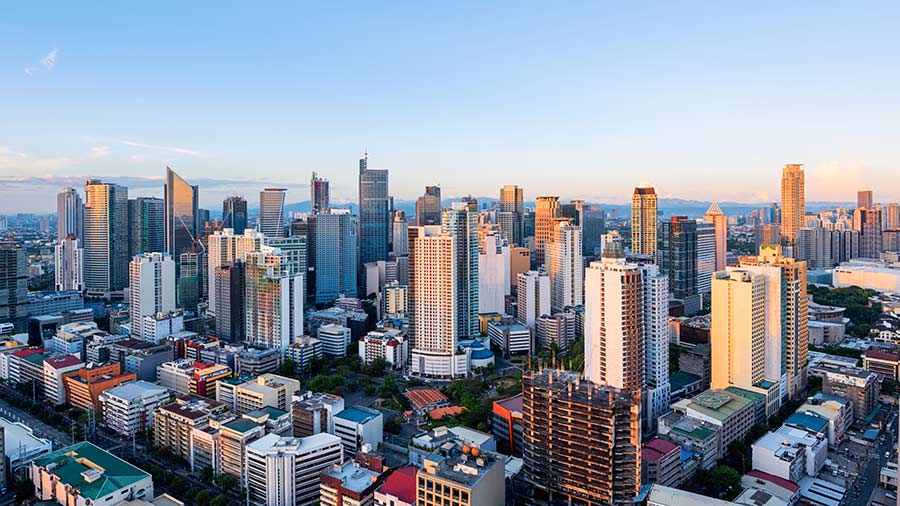On May 19, 2021, the Senate of the Philippines approved amendments to the Retail Business Liberalization Act (RTLA) or Senate Bill (SB) 1840. The minimum paid-up capital requirements for retail businesses foreign retail were reduced from $2.5 million to $500,000.
To protect micro and small businesses – which make up 96% of businesses registered in the Philippines – SB 1840 requires foreign retailers wishing to establish more than one physical store in the country to invest at least PHP 10 million (USD 200,000) to each store. In addition, the amendments require the home country of foreign retailers to allow entry for Filipino retail investors.
These measures aim to attract more foreign investment in the retail sector, which before the pandemic accounted for 23% of the entire service industry with a total gross value added of PHP 1 trillion in 2018 ($20 billion).
Under the previous RTLA, businesses with a minimum paid-up capital of US$7.5 million could be fully foreign-owned, and only if they invested at least US$830,000 to establish a physical store. If the foreign investor had presented paid-up capital of less than US$7.5 million, the enterprise could not be fully foreign-owned during the first two years of operation.
What are the other amendments to the bill?
The bill removes pre-qualification requirements for foreign retailers who must have been engaged in the retail business within the last five years or have at least five retail branches located anywhere in the world.
SB 1840 also requires foreign retailers to maintain at least PHP 50 million (US$1 million) in paid-up capital in the Philippines and to have inventory of locally manufactured products. Failure to do so will result in penalties and restrictions for engaging in future business in the Philippines.
New reforms on the horizon
In addition to SB 1840, the Senate is deliberating on two other amendments to further liberalize the economy for foreign investors.
Other proposed changes concern the Foreign Investment Act (FIA) and the Civil Service Act (PSA).
Under the new FIA, the Department of National Defence, the National Security Council, the Department of Foreign Affairs and other government foreign investment agencies can review and make recommendations or limit foreign investments that threaten the national security or jeopardize international relations.
The proposed changes also include the creation of an investment promotion council responsible for establishing a medium and long-term priority plan to encourage foreign investment.
In addition, offshore business entities that transact business in the Philippines through e-commerce will be considered domestic corporations and therefore liable to pay domestic taxes.
Meanwhile, proposed amendments to the LSP will prohibit foreign state-owned companies from holding equity in critical infrastructure in the Philippines (eg electricity, water, telecommunications distribution).
In addition, the telecommunications sector will no longer be classified as a public service, thus removing the current 40% limit on foreign ownership in telecommunications companies. The government hopes this will further enhance competition in the local telecommunications industry.
About Us
ASEAN Briefing is produced by Dezan Shira & Associates. The firm assists foreign investors throughout Asia and has offices throughout ASEAN, including Singapore, Hanoi, Ho Chi Minh City and Da Nang in Vietnam, Munich and Esen in Germany, Boston and Salt Lake City in the United States, Milan, Conegliano and Udine in Italy, in addition to Jakarta and Batam in Indonesia. We also have partner firms in Malaysia, Bangladesh, the Philippines and Thailand as well as our firms in China and India. Please contact us at asia@dezshira.com or visit our website at www.dezshira.com.

